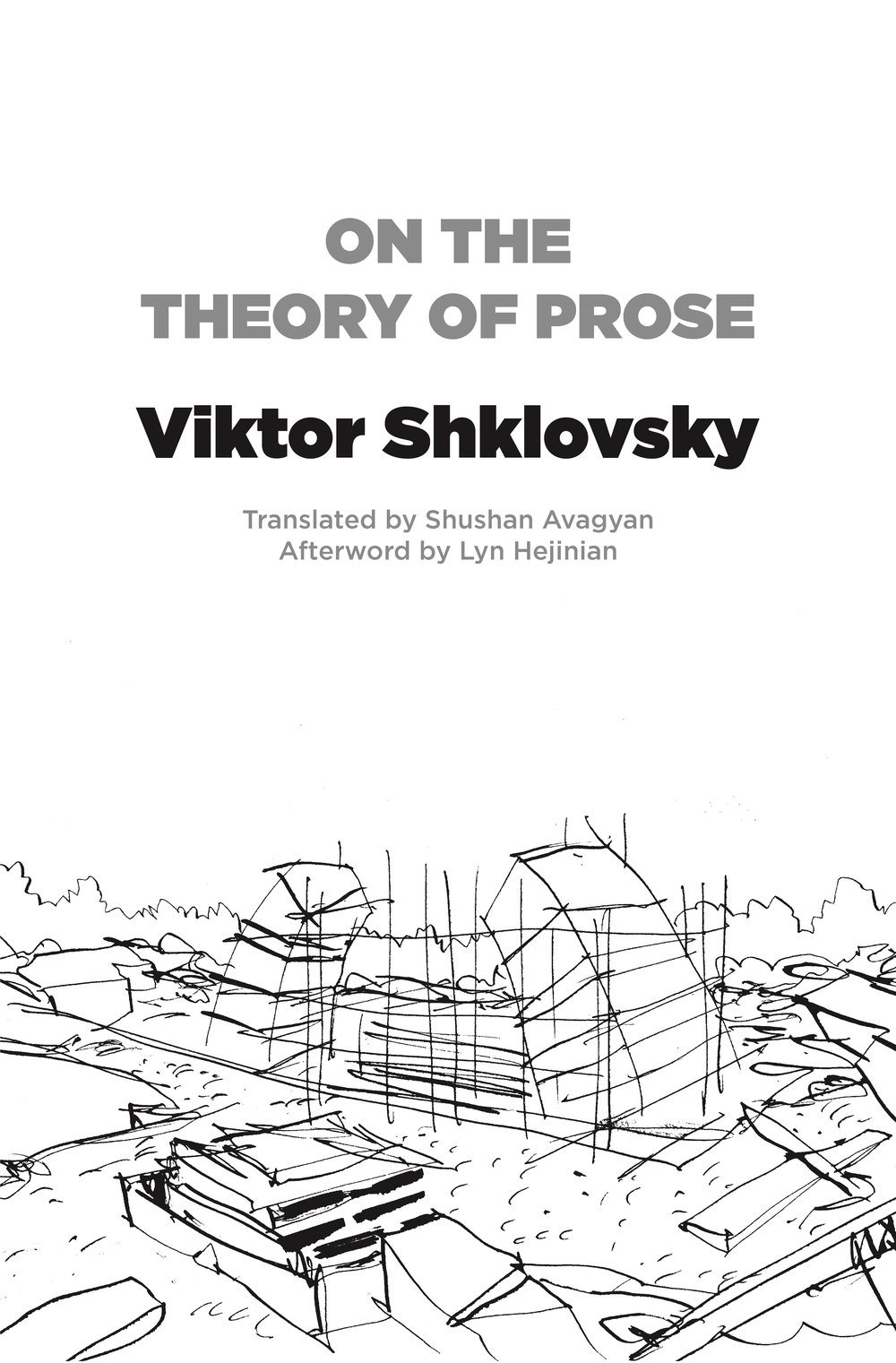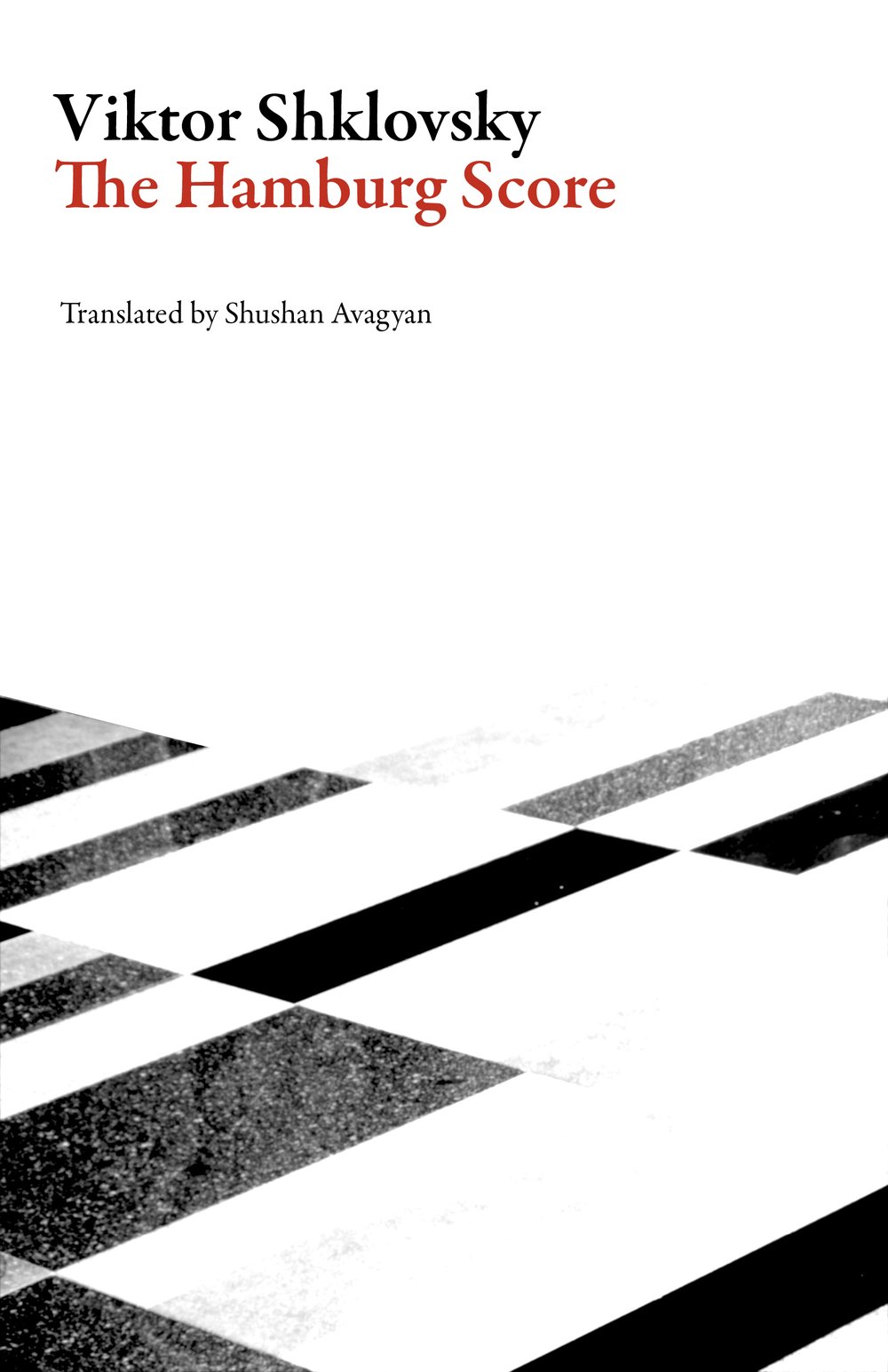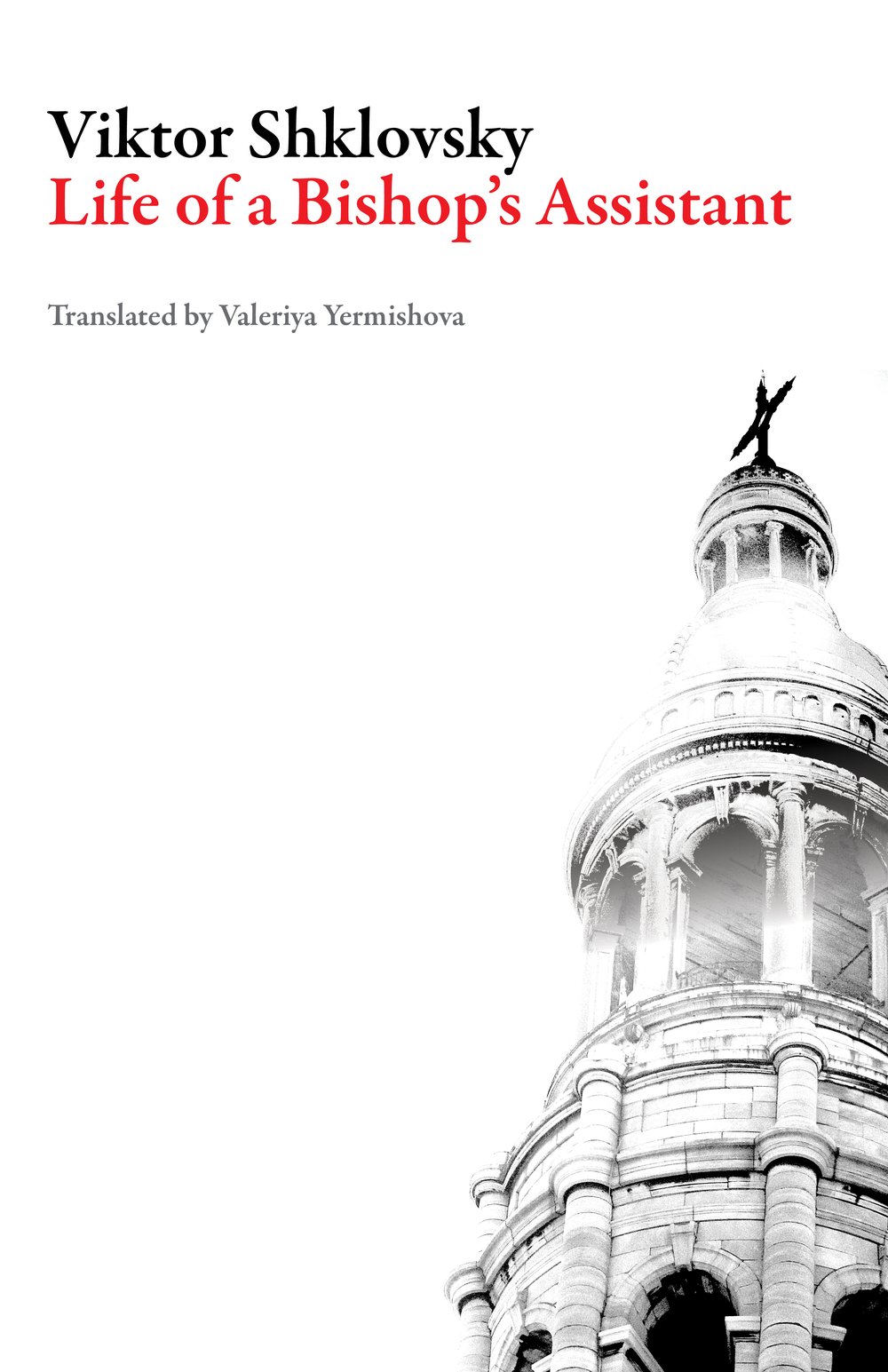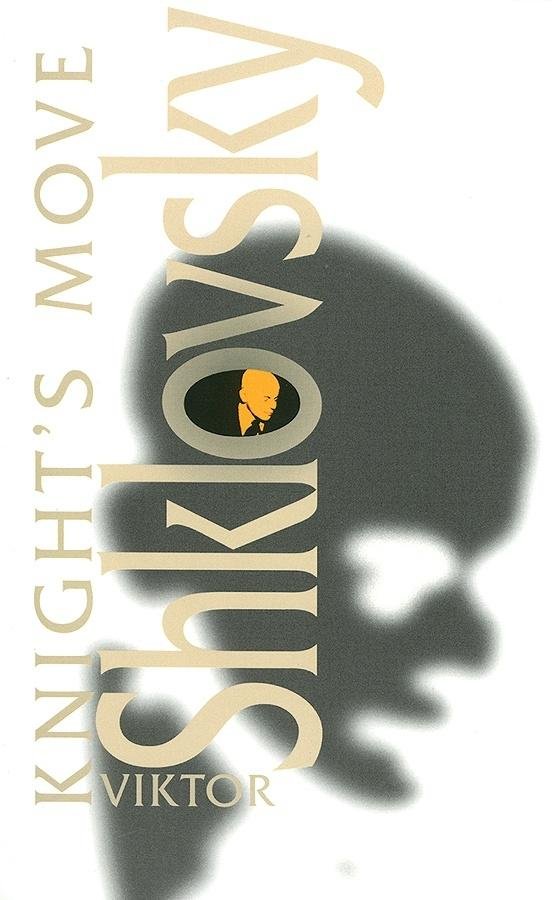A Hunt for Optimism
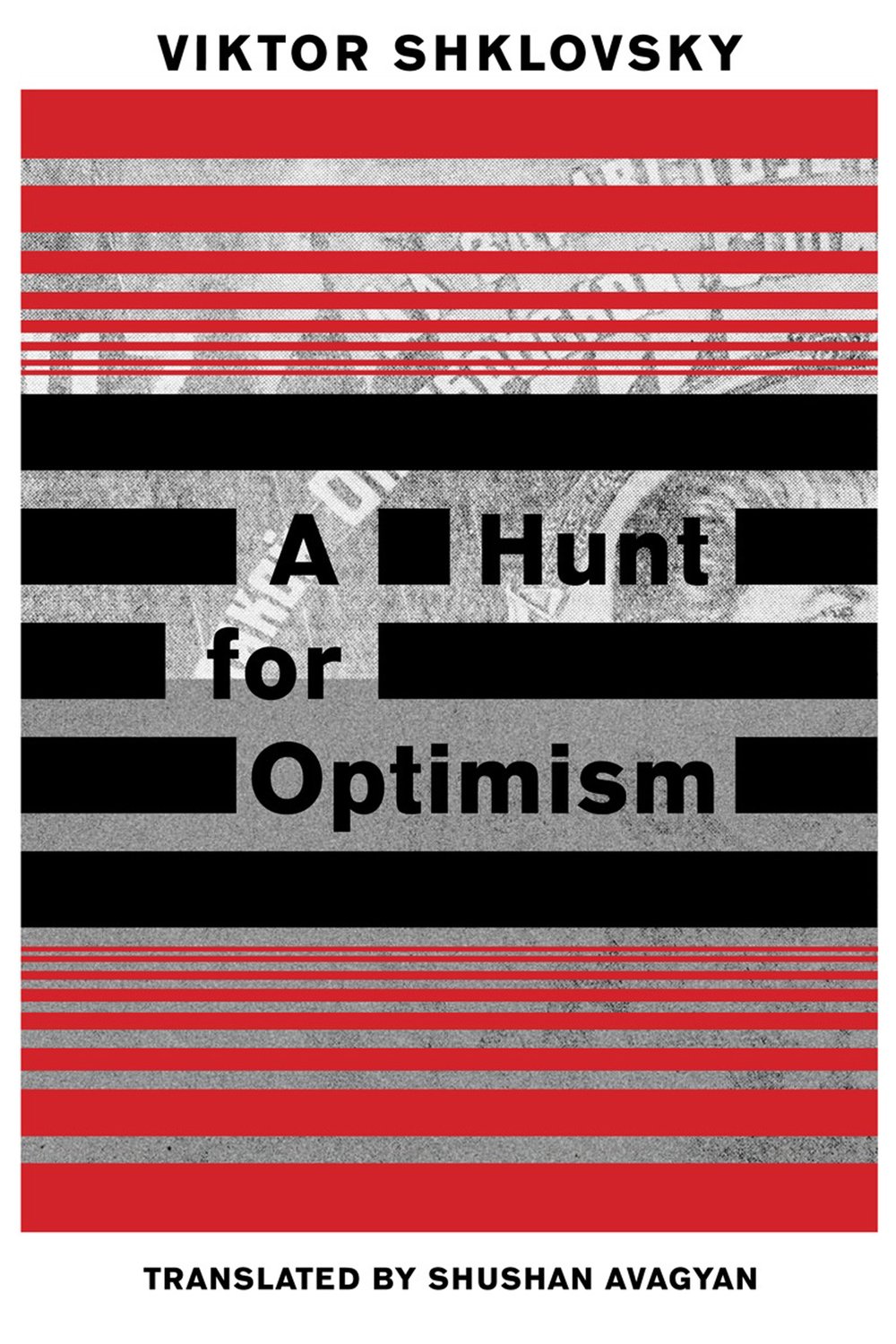
Begun in 1929 under the title "New Prose," and drastically revised after Vladimir Mayakovsky's sudden death, "A Hunt for Optimism" (1931) circles obsessively around a single scene of interrogation in which a writer is subjected to a show trial for his unorthodoxy. Using multiple perspectives, fragments, and aphorisms, and bearing the vulnerability of both the Russian Jewry and the anti-Bolshevik intelligentsia--who had unwittingly become the "enemies of the people"--"Hunt" satirizes Soviet censorship and the ineptitude of Soviet leaders with acerbic panache. Despite criticism at the time that it lacked unity and was too "variegated" to be called a purely "Shklovskian book," "Hunt" is stylistically unpredictable, experimentally bold, and unapologetically ironic--making it one of the finest books in Shklovsky's body of work.

